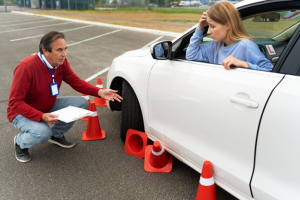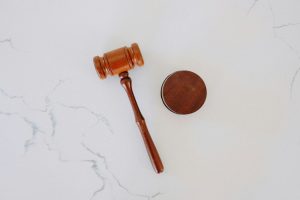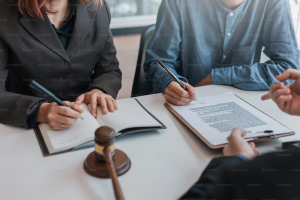
Artificial Intelligence (AI) has been an area of growing interest and investment in recent years. As technology continues to advance, AI is becoming more prevalent in our daily lives, from Siri on our iPhones to self-driving cars. However, as AI becomes more sophisticated, it raises important legal questions. One of the most pressing is: who is liable for the actions of AI? This is a complex issue with no easy answers, and it requires a deep understanding of both technology and the law.
Before we dive into the legal implications of AI, it’s important to understand what we mean by AI. At its most basic level, AI refers to a computer system that is capable of performing tasks that would normally require human intelligence, such as recognizing speech, making decisions, and learning from data. There are many different types of AI, from simple rule-based systems to more advanced machine learning algorithms.
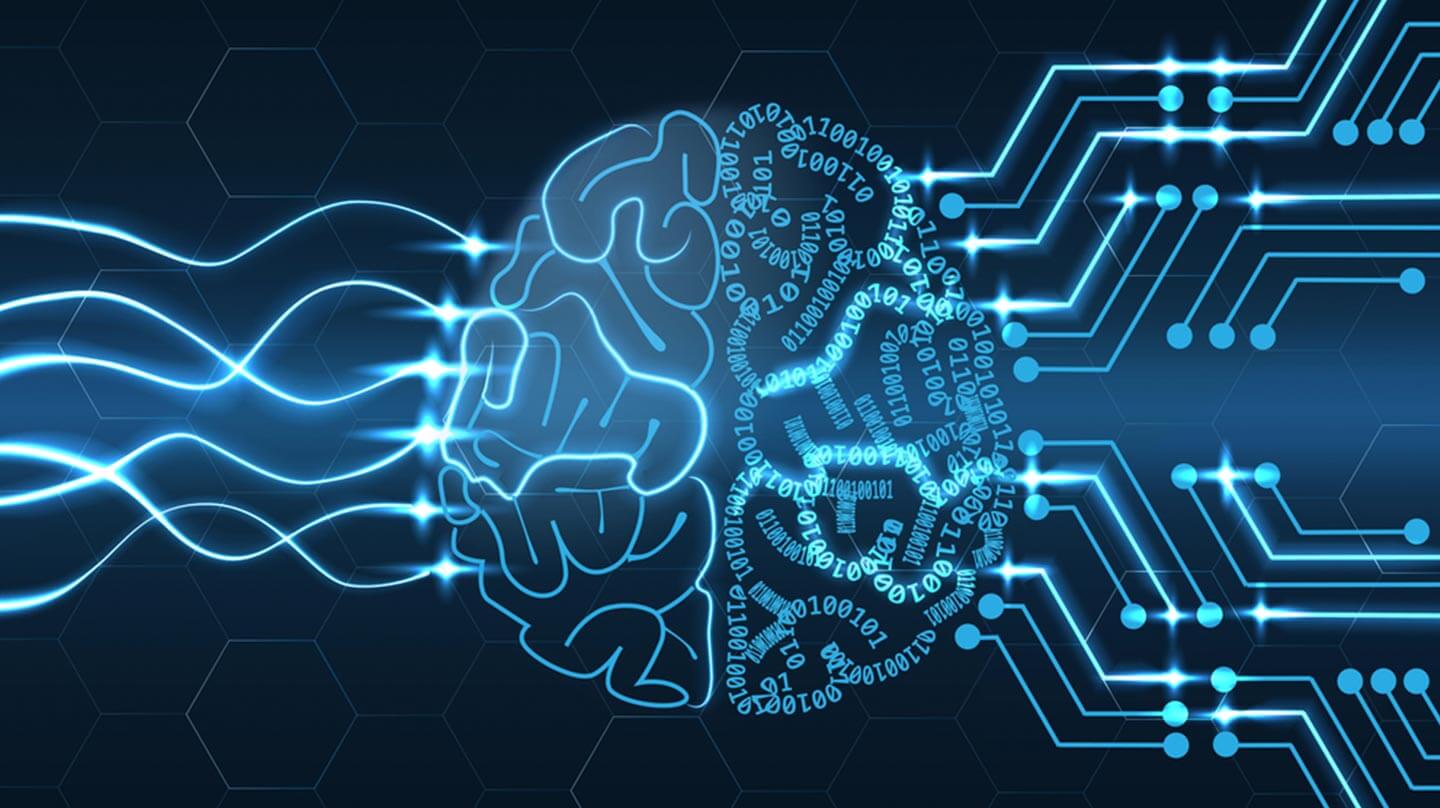
Now, let’s consider the legal implications of AI. One of the most significant issues is liability. In the past, when a person or a company caused harm or damage, the law was fairly straightforward. The responsible party could be identified, and they would be held accountable. However, with AI, it’s not always clear who is responsible when something goes wrong.
For example, let’s say that a self-driving car causes an accident that results in injury or death. Who is liable in this situation? Is it the car manufacturer, the software developer, or the owner of the car? Or is it the AI system itself? These are difficult questions to answer, and the answers may vary depending on the circumstances of the accident.
One potential solution to this problem is to assign liability to the person or company that designed and programmed the AI system. This would be similar to holding a car manufacturer responsible for a defect that causes an accident. However, this approach raises its own set of issues. For one thing, it may discourage innovation in the field of AI if companies are afraid of being held liable for any mistakes or accidents that their systems might cause.
Another potential solution is to treat AI as a legal person, with its own rights and responsibilities. This approach is already being used in some areas of the law, such as intellectual property. Under this framework, AI would be held accountable for its actions, and it could be sued or punished if it caused harm or damage. However, this approach raises a number of philosophical and legal questions, such as what it means for an AI system to have “rights” and “responsibilities.”
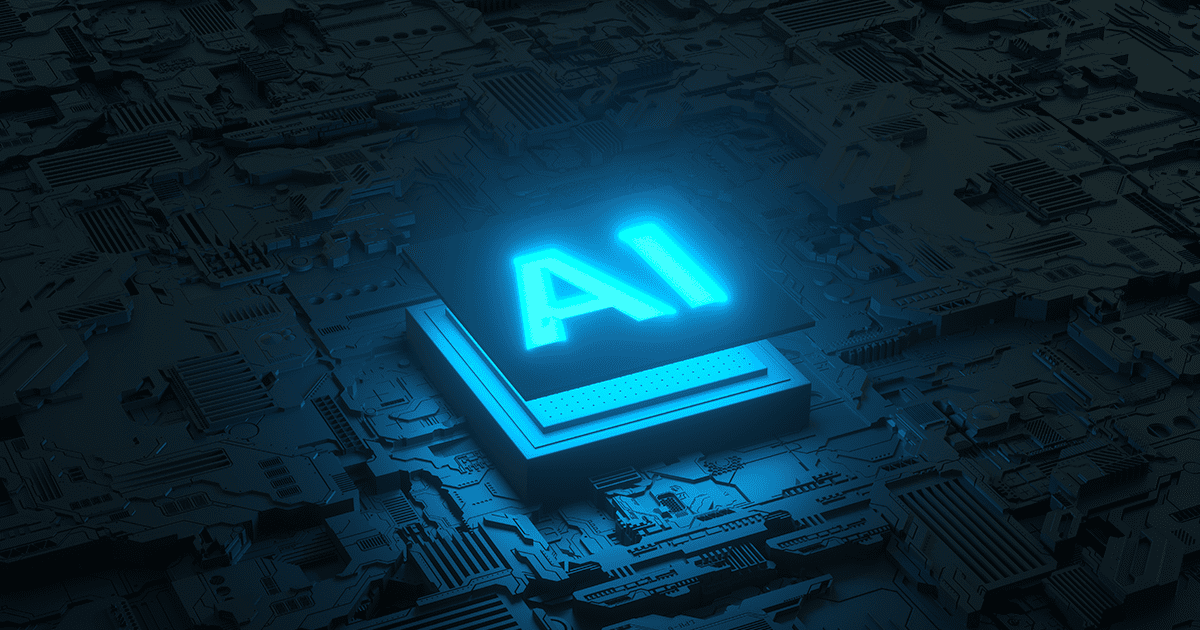
Ultimately, the question of who is liable for the actions of AI is a complex and multifaceted issue. There is no easy solution, and any approach will require a deep understanding of both technology and the law. As AI continues to become more prevalent in our lives, it’s important that we continue to grapple with these important legal questions and develop new frameworks to address them.


